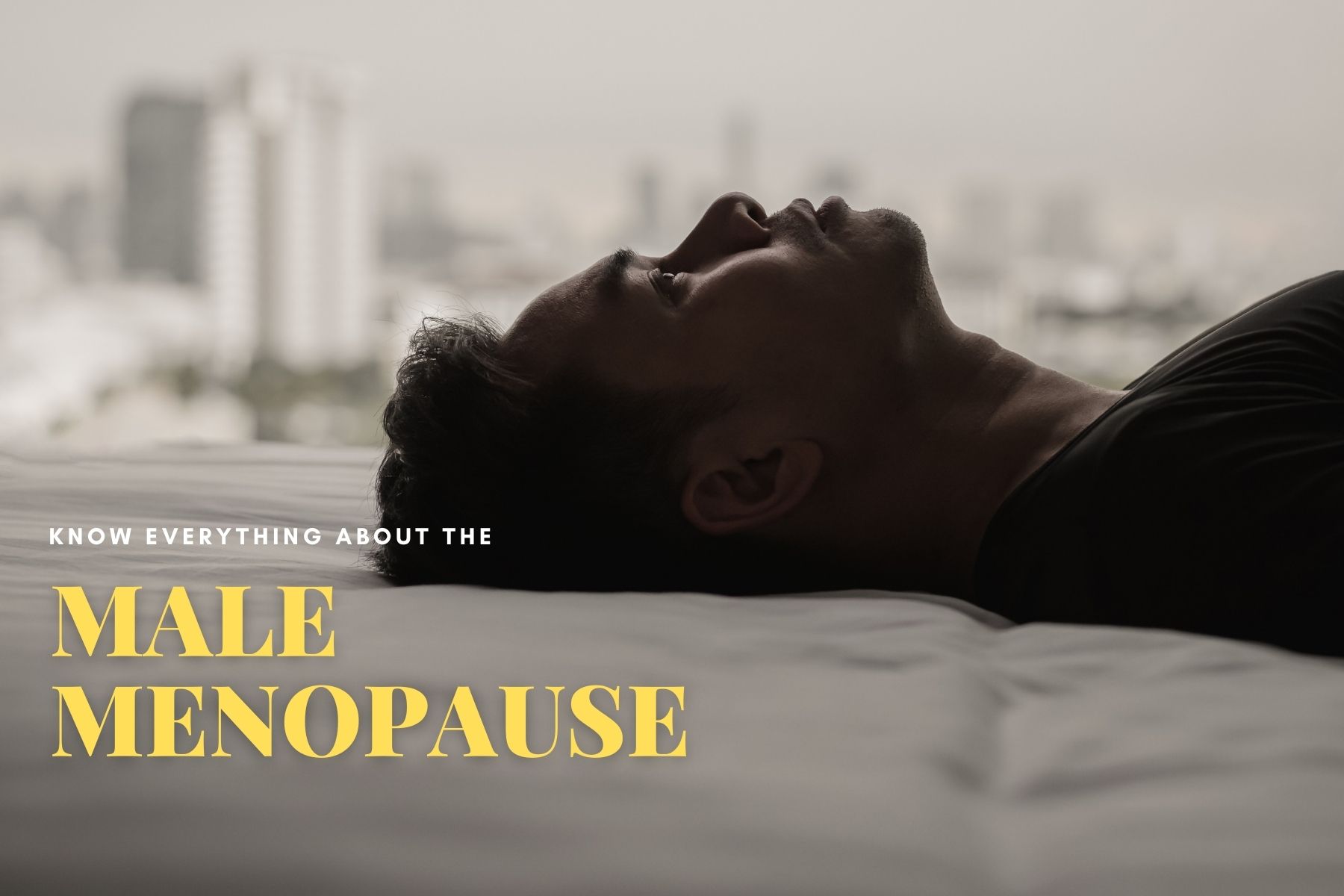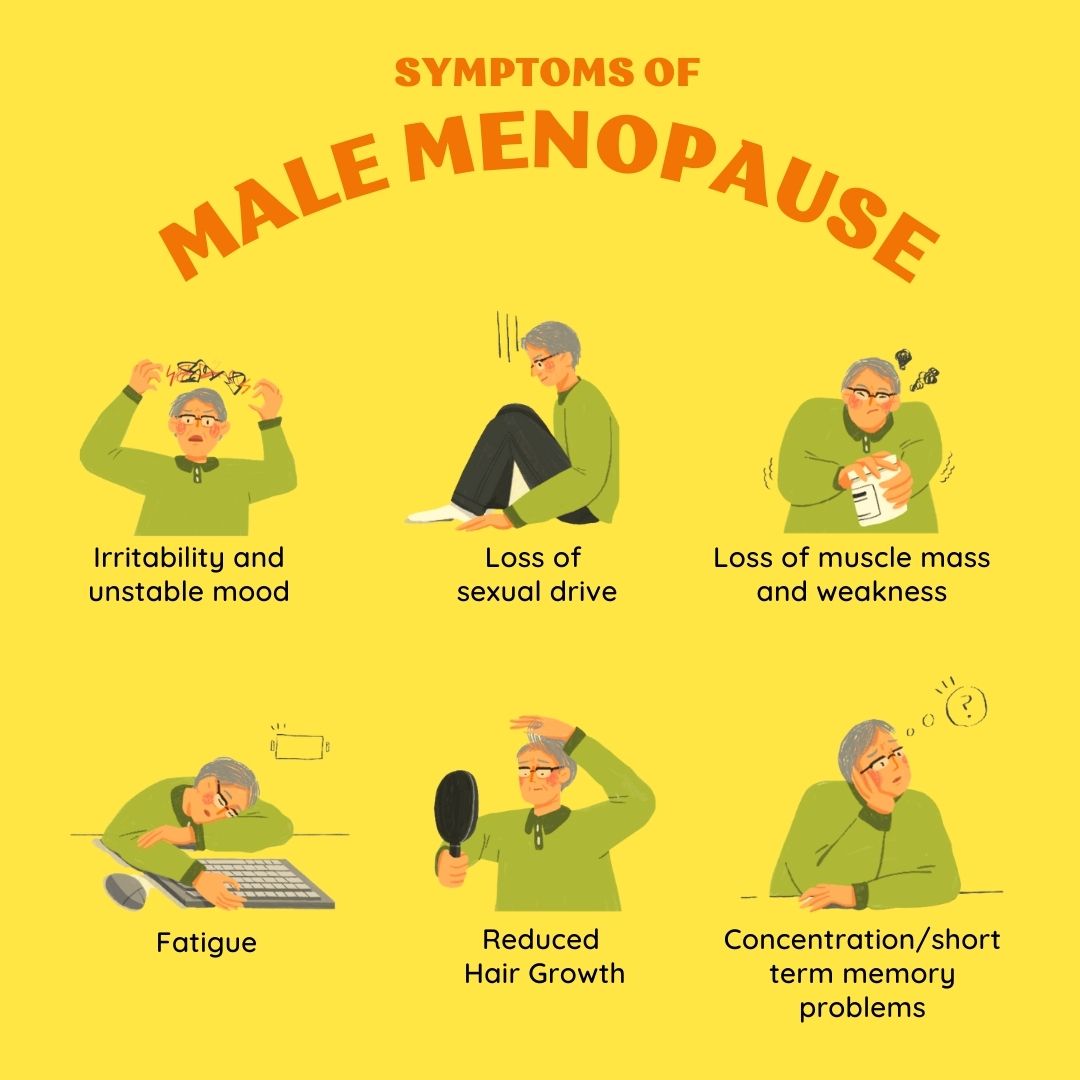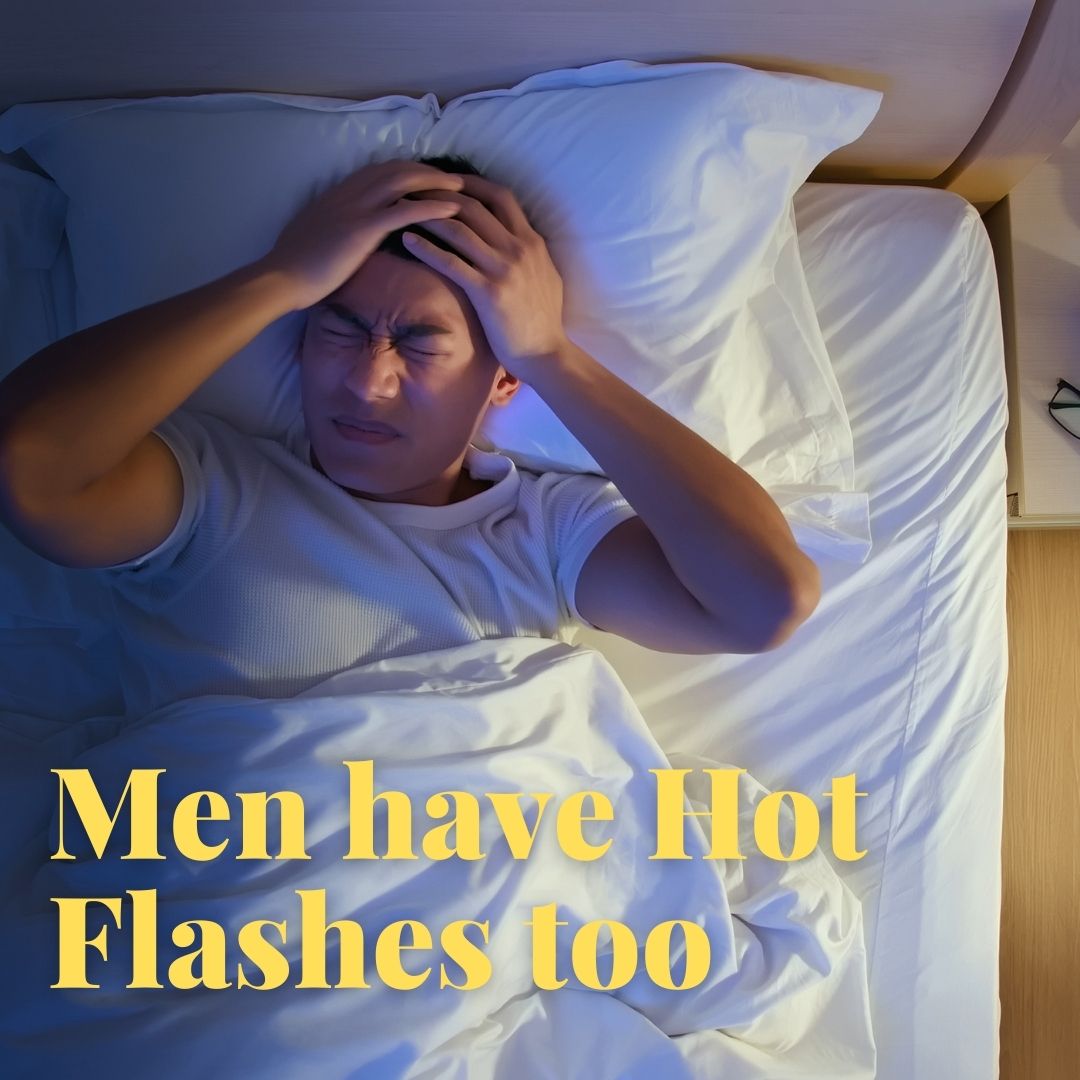The Zesttee Guaranteed Performance
Our Guaranteed Performance Program improves your circulation and testosterone levels over a period of 3 months to provide you a natural return to better erection and performance.
CATERGORY: HARDER ERECTIONS

Male menopause, also known as andropause, is a natural part of aging that can result in a decline in testosterone levels and decreased blood circulation, leading to weakened erection and performance in men.
Testosterone is the primary male sex hormone and is responsible for regulating sexual desire and performance. As men age and their testosterone levels decline, they may experience decreased sexual desire and decreased sensitivity during sexual activity. In addition, declining testosterone levels can result in decreased blood flow to the penis, making it more difficult to achieve and maintain an erection.
Decreased blood flow to the penis can also be a contributing factor to weakened erection and decreased sexual performance. Blood flow is essential for achieving and maintaining an erection, and decreased blood flow can make it more difficult to achieve and maintain an erection, leading to frustration and decreased sexual satisfaction.
If you are experiencing symptoms of male menopause, including weakened erection and decreased sexual performance, it is important to speak with your doctor. Your doctor can perform a physical exam and testosterone level test to determine if andropause is the cause of your symptoms and discuss potential treatment options with you. With proper care and attention, it is possible to alleviate the symptoms of male menopause and maintain a healthy and satisfying sexual life as you age.

Male menopause typically begins in men in their late 40s or early 50s. However, it can start earlier or later depending on various factors, such as genetics, lifestyle habits, and overall health. During this time, men experience a decline in testosterone levels, which can result in symptoms such as decreased sexual desire, decreased energy, and decreased muscle mass.

Hot flashes are a common symptom experienced by men during male menopause. A hot flash is a sudden feeling of intense heat that spreads over the upper body and face, often accompanied by sweating, flushing, and increased heart rate.
Hot flashes in men can last anywhere from a few seconds to several minutes and can occur several times a day or night. They are caused by a decline in testosterone levels, which can cause fluctuations in body temperature regulation.
It's important to note that not all men experience hot flashes during male menopause, and the frequency and intensity of hot flashes can vary from person to person.
1. Exercise regularly: Regular physical activity can help increase blood circulation and maintain healthy testosterone levels. Aim for at least 30 minutes of moderate exercise most days of the week.
2. Eat a healthy diet: A diet rich in fruits, vegetables, whole grains, and lean protein can help maintain healthy testosterone levels and overall health.
3. Reduce stress: Chronic stress can impact testosterone levels and overall health. Practice stress-management techniques such as meditation, deep breathing, and regular exercise to help reduce stress.
4. Quit smoking: Smoking can decrease blood flow and impact testosterone levels, so quitting smoking can help improve sexual health.
5. Limit alcohol consumption: Excessive alcohol consumption can also impact testosterone levels and overall health. Limiting alcohol consumption can help maintain healthy testosterone levels.
6. Consider testosterone therapy: If your testosterone levels are low, your doctor may recommend testosterone therapy. Testosterone therapy can help increase testosterone levels and improve symptoms of male menopause, including weakened erection and decreased sexual performance.
